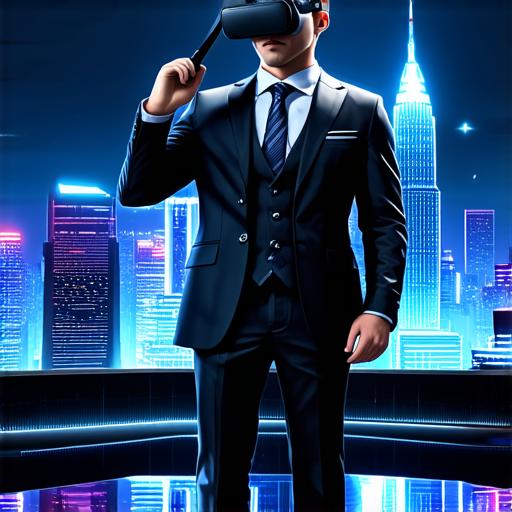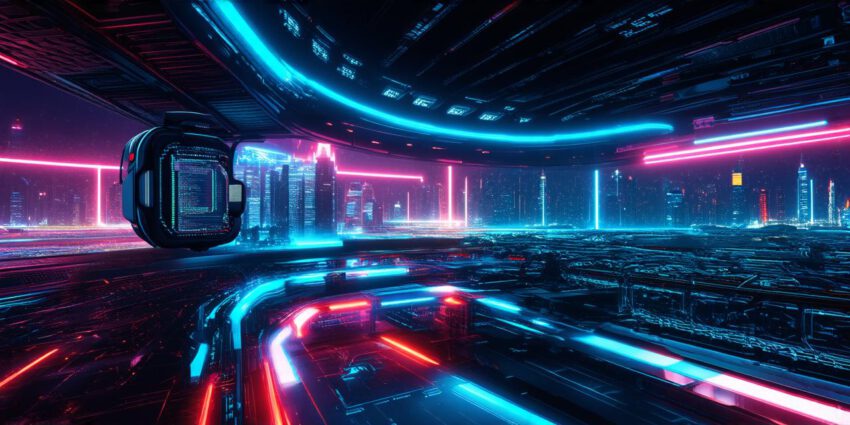Virtual reality (VR) is an exciting and rapidly evolving technology that has captured the imagination of gamers around the world.
As the VR market continues to grow, mobile gaming app developers are increasingly looking for ways to incorporate this immersive experience into their games. In this article, we’ll explore some of the best tools for developing virtual reality games, including software, hardware, and plugins, that can help you bring your ideas to life.
1. Unity
Unity is one of the most popular game engines used by mobile gaming app developers worldwide. It offers a wide range of features and tools that make it easy to create VR games for various platforms, including mobile devices, PCs, and consoles. With Unity, you can create 2D and 3D games with stunning graphics and realistic physics. You can also easily integrate VR plugins and controllers into your game to provide an immersive experience for players.
2. Unreal Engine
Unreal Engine is another popular game engine that supports VR development. It offers a range of features, including real-time rendering, physics simulation, and AI capabilities. With Unreal Engine, you can create high-quality 3D games with realistic graphics and sound effects. You can also easily integrate VR plugins and controllers into your game to provide an immersive experience for players.
3. A-Frame
A-Frame is a web framework for building virtual reality experiences. It’s designed specifically for VR development and allows you to create games and experiences that run seamlessly in a browser. With A-Frame, you can easily create 3D scenes and add interactive elements, such as buttons and triggers. You can also integrate VR plugins and controllers into your game to provide an immersive experience for players.

4. Oculus SDK
The Oculus SDK is a set of tools and libraries that allow you to develop games and experiences specifically for the Oculus Rift platform. It includes everything from input handling and tracking to rendering and physics simulation. With the Oculus SDK, you can create highly immersive VR games with stunning graphics and realistic sound effects.
5. SteamVR SDK
The SteamVR SDK is a set of tools and libraries that allow you to develop games and experiences specifically for the Valve Index platform. It includes everything from input handling and tracking to rendering and physics simulation. With the SteamVR SDK, you can create highly immersive VR games with stunning graphics and realistic sound effects.
6. OpenVR
OpenVR is an open-source library that allows you to develop games and experiences for a variety of VR platforms. It includes everything from input handling and tracking to rendering and physics simulation. With OpenVR, you can create highly immersive VR games with stunning graphics and realistic sound effects.
7. Vuforia
Vuforia is an augmented reality (AR) platform that also supports VR development. It allows you to create interactive experiences that blend the real world with virtual elements. With Vuforia, you can create immersive VR games that combine physical and digital elements to provide a unique and engaging experience for players.
8. ARKit
ARKit is an augmented reality framework developed by Apple. It allows you to create interactive experiences that blend the real world with virtual elements. With ARKit, you can create immersive VR games that combine physical and digital elements to provide a unique and engaging experience for players.
9. Android NDK
The Android NDK is a set of tools and libraries that allow you to develop games and experiences specifically for the Android platform. It includes everything from input handling and rendering to physics simulation. With the Android NDK, you can create highly immersive VR games with stunning graphics and realistic sound effects.
10. iOS ARKit SDK
<p

